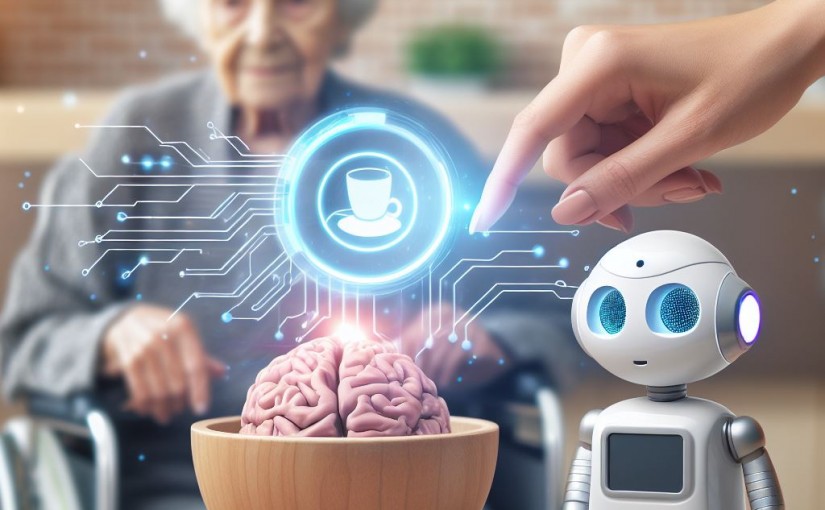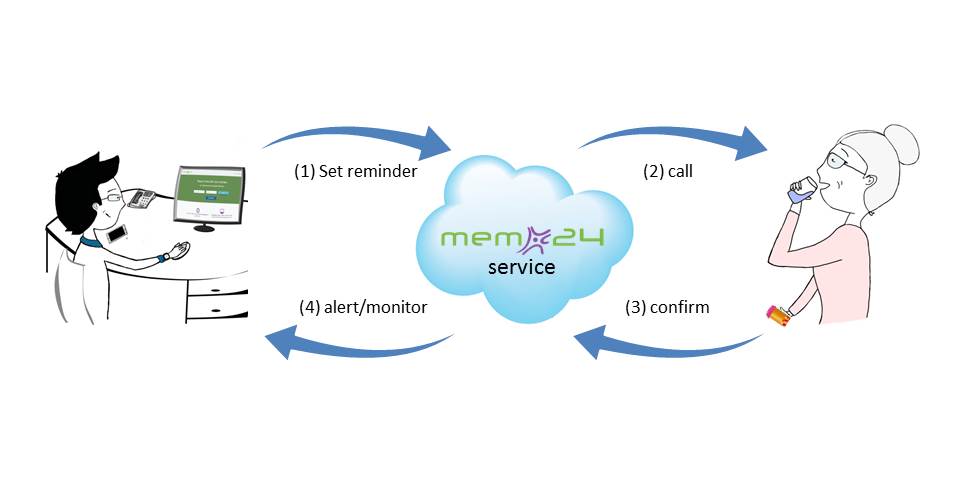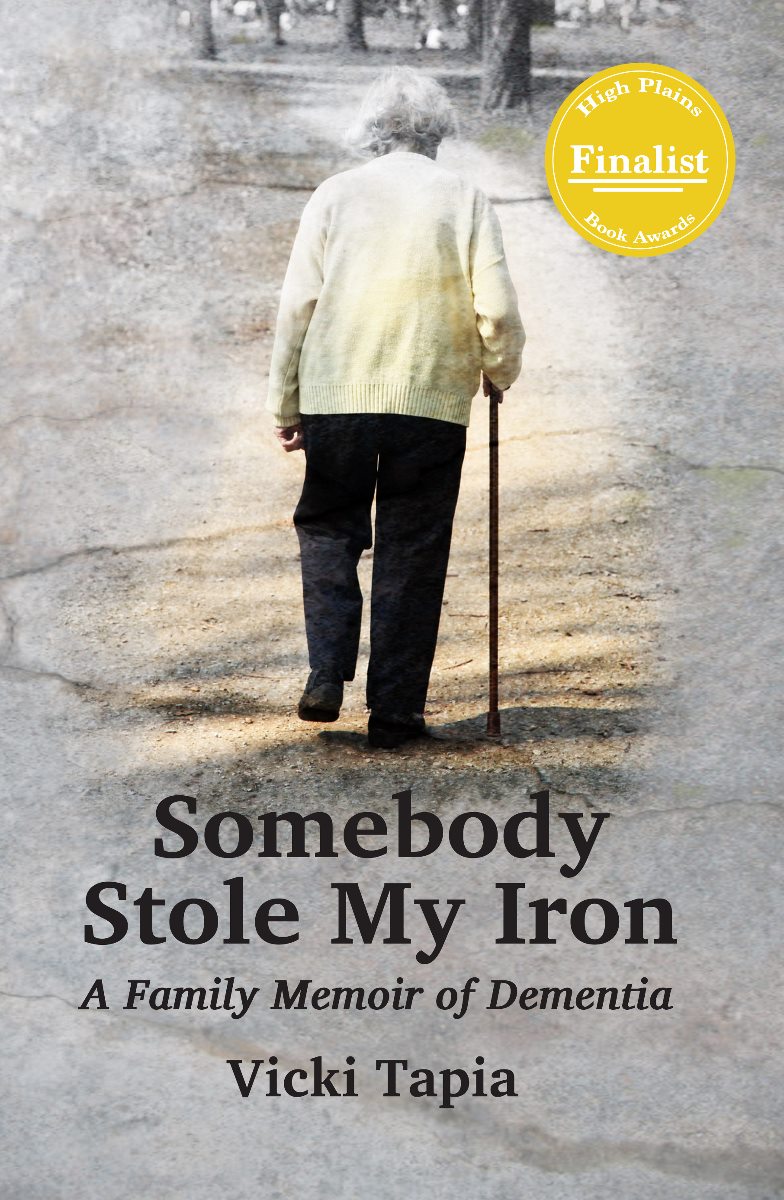Social interaction is a fundamental aspect of human life that remains important across all stages of life, including old age. For the elderly, particularly those battling dementia, social interaction becomes not just a luxury, but a necessity. In this article, we delve into the significance of social engagement for seniors, especially those with dementia, and provide a list of the ten best examples of social activities they can participate in.
Why Social Interaction Matters for the Elderly with Dementia
Mental Stimulation: Socializing stimulates the brain, promoting cognitive function and potentially slowing the progression of dementia. Conversations, games, and other interactions challenge the mind, keeping it active and engaged.
Emotional Well-being: Loneliness and isolation can exacerbate symptoms of dementia, leading to depression and anxiety. Regular social engagement provides emotional support and helps seniors feel connected and valued.
Improved Physical Health: Socially active seniors tend to lead more active lifestyles, which can contribute to better physical health. Activities like walking with friends or dancing in a group not only provide exercise but also encourage mobility and balance.
Sense of Purpose: Feeling needed and involved gives seniors a sense of purpose and belonging. This is especially important for those with dementia, who may struggle with feelings of confusion and loss of identity.
Enhanced Communication Skills: Interacting with others hones communication skills, even for those with dementia. Engaging in conversations or participating in group activities can help maintain language abilities and social cues.
Memory Preservation: Socializing often involves recalling past experiences and sharing stories, which can help preserve memories. Reminiscing with others stimulates memory recall and reinforces personal identity.
Stress Reduction: Social support networks provide a buffer against stress. Spending time with friends or participating in enjoyable activities can reduce feelings of anxiety and promote relaxation.
Delayed Decline: Research suggests that regular social interaction may slow cognitive decline in seniors with dementia. Engaging in meaningful activities can help maintain mental function for longer periods.
Increased Quality of Life: Simply put, socializing brings joy and fulfillment to life. Whether through laughter, companionship, or shared experiences, social interaction enriches the lives of seniors with dementia and improves their overall well-being.
Family and Community Bonding: Social activities often involve family members and friends, strengthening bonds and creating lasting memories. Community-based programs also foster a sense of belonging and support.
Examples of Social Activities for Seniors with Dementia:
Music Therapy Sessions: Music has a powerful effect on individuals with dementia, evoking memories and emotions. Participating in music therapy sessions, where seniors can sing, dance, or play instruments, provides both enjoyment and cognitive stimulation.
Art Classes: Engaging in artistic activities, such as painting, drawing, or pottery, offers a creative outlet for seniors with dementia. Art classes encourage self-expression and provide opportunities for social interaction with peers.
Group Exercise Classes: Physical activity is essential for overall health, and group exercise classes make it enjoyable. Seniors can participate in activities like chair yoga, Tai Chi, or gentle aerobics, while also socializing with others.
Pet Therapy Visits: Animals have a remarkable ability to soothe and comfort individuals with dementia. Pet therapy visits allow seniors to interact with friendly animals, providing companionship and reducing stress.
Memory Cafés: Memory cafés are social gatherings specifically designed for individuals with dementia and their caregivers. These cafés provide a safe and supportive environment where seniors can socialize, enjoy refreshments, and participate in activities.
Intergenerational Programs: Pairing seniors with children or young adults benefits both age groups. Seniors with dementia can engage in activities like reading, crafting, or gardening alongside younger generations, fostering connections and mutual learning.
Nature Walks: Spending time outdoors has numerous benefits for seniors, including improved mood and reduced stress. Nature walks or gardening activities allow seniors to connect with nature while enjoying the company of others.
Book Clubs: Reading and discussing books with others can be intellectually stimulating for seniors with dementia. Book clubs provide an opportunity to engage in meaningful conversations and share opinions on various literary works.
Volunteer Opportunities: Contributing to the community through volunteer work gives seniors a sense of purpose and accomplishment. Whether it’s helping at a local charity or participating in community clean-up projects, volunteering fosters social connections and boosts self-esteem.
Cooking Classes: Cooking classes tailored to seniors with dementia offer a fun and interactive way to learn new skills. Seniors can work together to prepare simple recipes, share meals, and enjoy the social aspect of cooking.
In conclusion, social interaction is not only beneficial but essential for the well-being of seniors, particularly those living with dementia. Engaging in a variety of social activities not only enriches their lives but also helps them maintain cognitive function, emotional stability, and a sense of purpose. By encouraging social engagement, we can improve the quality of life for elderly individuals and ensure they remain active and connected members of our communities.










